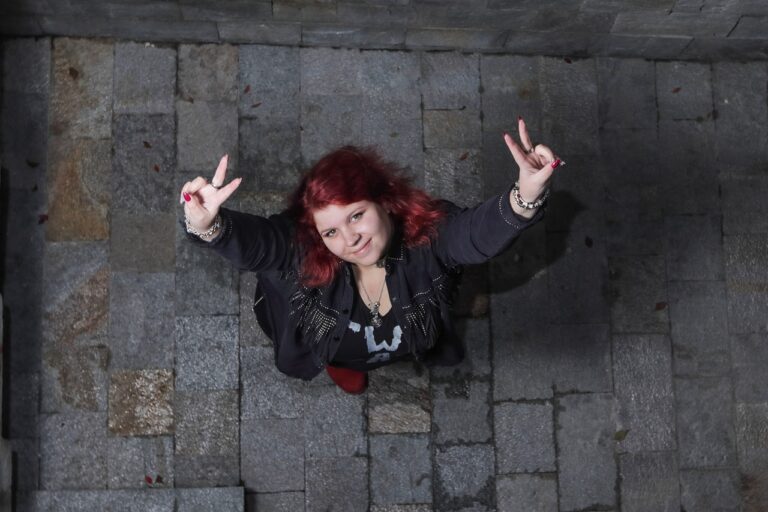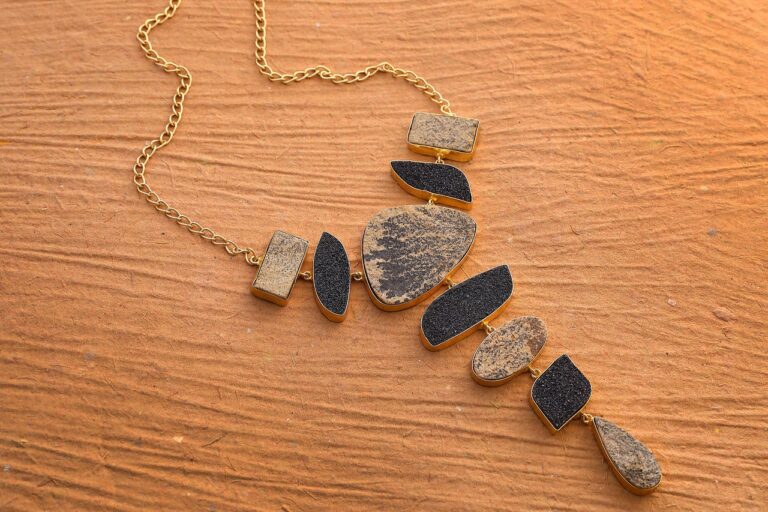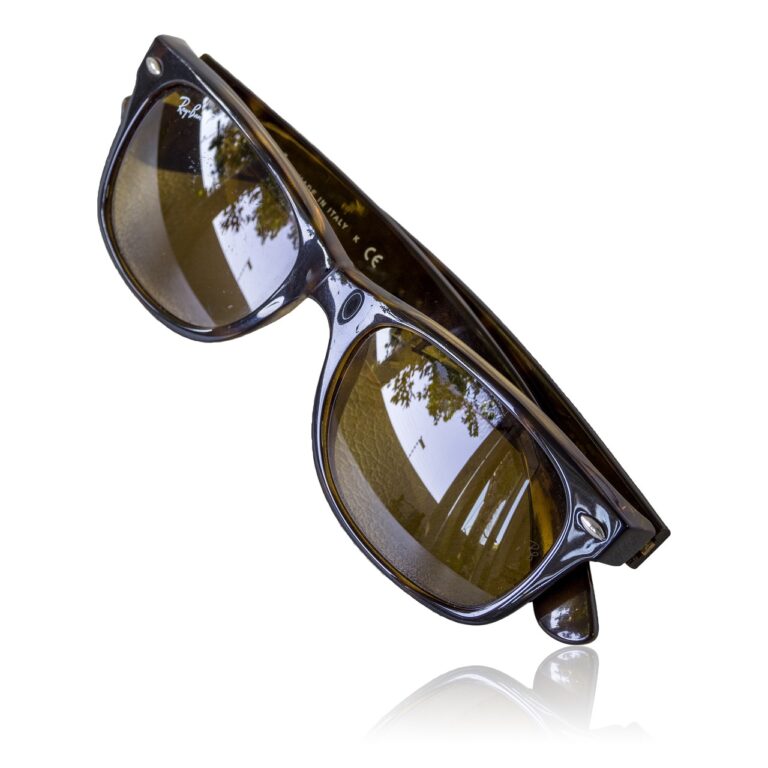The Role of Influencers in Promoting Boutique Fashion Brands: Betsbhai9, Radha exchange, Lotus 365 login
betsbhai9, radha exchange, lotus 365 login: In today’s digital age, the role of influencers in promoting boutique fashion brands cannot be overstated. With the rise of social media platforms like Instagram and TikTok, influencers have become powerful marketing tools for small and independent fashion labels looking to reach a wider audience.
Influencers are individuals who have a large following on social media platforms and are seen as trendsetters in their respective niches. They have the ability to sway the opinions and purchasing decisions of their followers, making them valuable partners for boutique fashion brands looking to increase brand awareness and drive sales.
Here are some key ways in which influencers can help promote boutique fashion brands:
1. Styling and showcasing products: Influencers can help showcase a boutique fashion brand’s products in a stylish and visually appealing way. By creating high-quality content featuring the brand’s clothing or accessories, influencers can help to create buzz and generate interest among their followers.
2. Building brand awareness: By collaborating with influencers, boutique fashion brands can reach a larger and more targeted audience than they would on their own. Influencers have built-in audiences that trust their opinions and recommendations, making them effective brand ambassadors for boutique labels.
3. Driving traffic to the brand’s website or physical store: Influencers can help drive traffic to a boutique fashion brand’s website or physical store by including links or location tags in their social media posts. This can help increase sales and attract new customers to the brand.
4. Creating authentic and relatable content: Influencers are known for their authenticity and relatability, which can help boutique fashion brands connect with their target audience on a more personal level. By partnering with influencers who align with their brand values and aesthetic, boutique labels can create engaging and authentic content that resonates with their followers.
5. Increasing social media engagement: Influencers can help boutique fashion brands increase their social media engagement by tagging the brand in their posts or hosting giveaways and collaborations. This can help increase brand visibility and generate buzz around new product launches or promotions.
6. Providing valuable feedback and insights: Influencers can also provide valuable feedback and insights to boutique fashion brands about their products, marketing strategies, and overall brand image. By working closely with influencers, brands can gain valuable insights into what resonates with their target audience and make informed decisions about their marketing efforts.
In conclusion, influencers play a crucial role in promoting boutique fashion brands in today’s digital world. By partnering with influencers who align with their brand values and aesthetic, boutique labels can leverage the power of social media to reach a wider audience, drive sales, and build brand awareness. With the right influencers on board, boutique fashion brands can tap into the influencer marketing trend and take their brand to new heights.
FAQs:
Q: How do I find the right influencer for my boutique fashion brand?
A: When looking for influencers to collaborate with, consider factors such as their follower count, engagement rate, aesthetic, and values. Look for influencers who align with your brand’s image and target audience.
Q: How much should I pay an influencer for collaboration?
A: Influencer collaboration fees can vary depending on factors such as the influencer’s reach, engagement rate, and the scope of the collaboration. It’s important to negotiate a fair fee that aligns with your budget and the influencer’s value.
Q: How can I measure the success of an influencer campaign?
A: To measure the success of an influencer campaign, track metrics such as website traffic, sales conversions, social media engagement, and brand mentions. Use analytics tools to monitor the impact of the collaboration on your brand’s performance.







